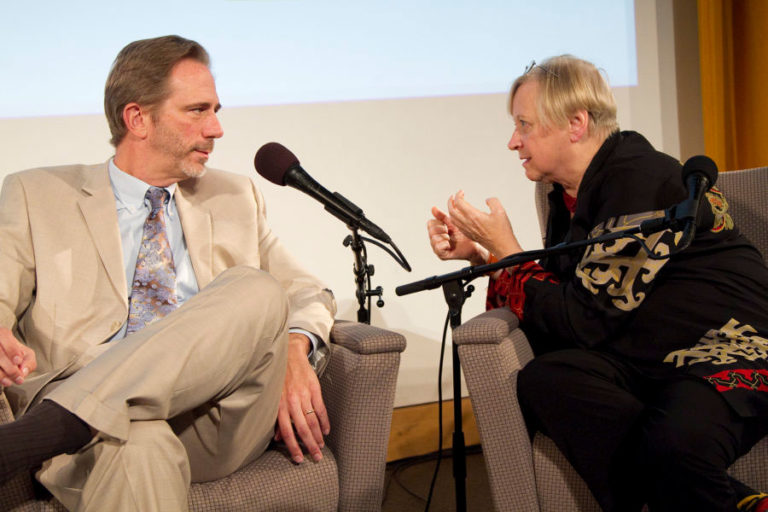November 7, 2013
Ira Byock
Contemplating Mortality
What if we understand death as a developmental stage — like adolescence or mid-life? Dr. Ira Byock is a leading figure in palliative care and hospice in the United States. He says we lose sight of “the remarkable value” of the time of life we call dying if we forget that it’s always a personal and human event, and not just a medical one. From his place on this medical frontier, he shares how we can understand dying as a time of learning, repair, and completion of our lives.






